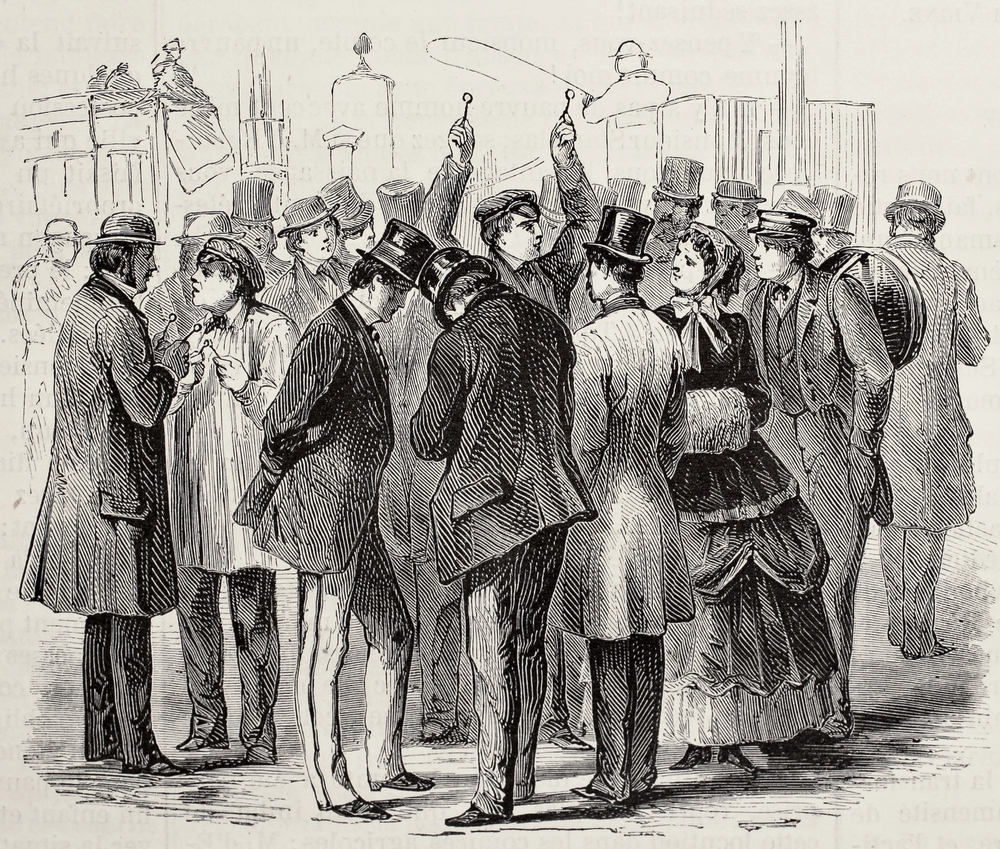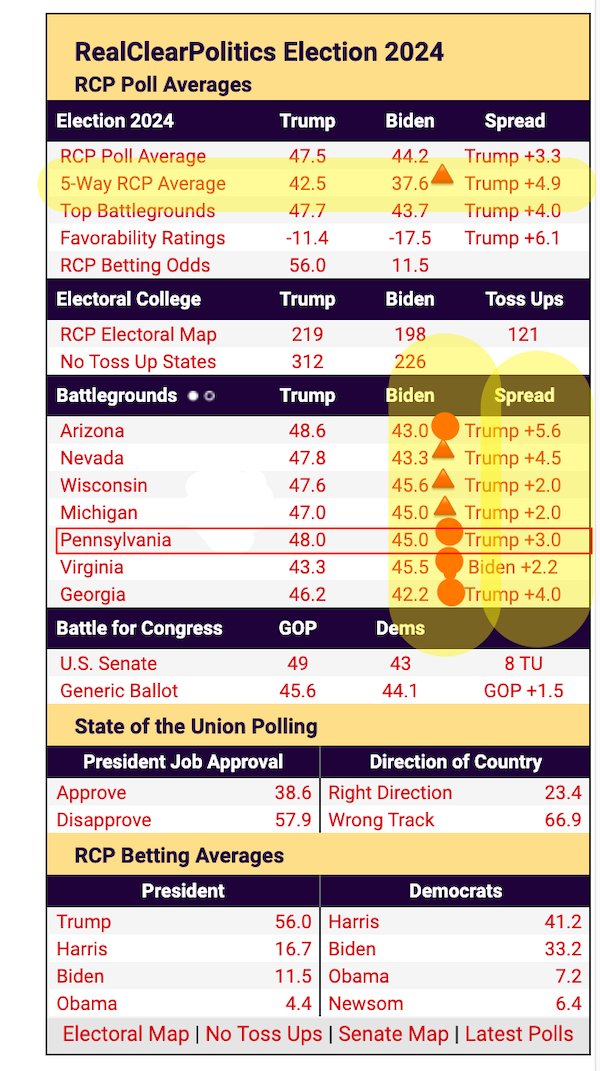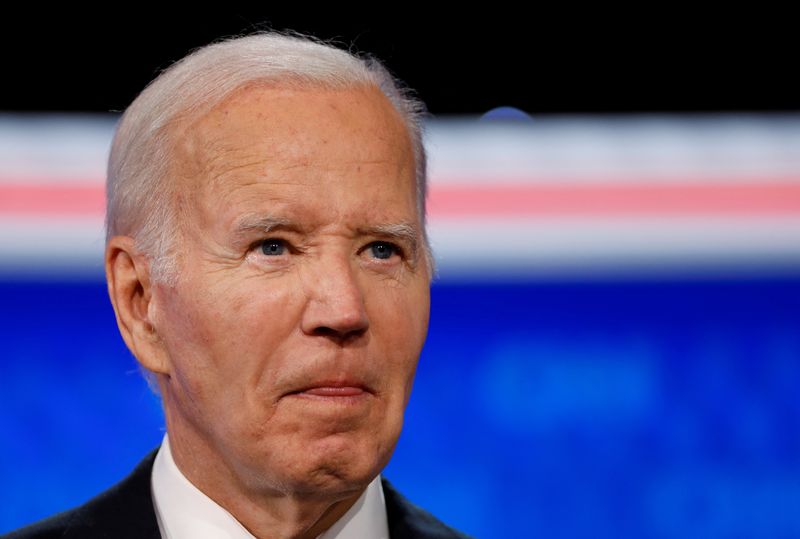The historian AJP Taylor wrote that the 1923 general election was “the only election in British history, fought solely and specifically on Protection.” The general election of 1847 is one of the few contenders.
The Reform Act of 1832 gave the vote to elements of the growing urban middle class. The Tory Party fought the Act, but some now realized that they had to adapt to new political realities. Traditionally the party of the landed aristocracy, the Tories needed new allies. One of the more thoughtful Tories, Robert Peel, believed they could be found among the growing urban working class, which was often at odds with the Whig middle class. For the 1835 election, Peel issued his ‘Tamworth Manifesto,’ which reconciled with the Reform Act and became the creed of the new Conservative Party. ‘One Nation’ Toryism was born.
Aristocrats and workers soon united to oppose the Poor Law Reform Act of 1834, a key Whig policy which sought to reduce welfare spending. Bitterly resented by the workers, Conservatives opposed it too. The radical Tory and factory law reformer Richard Oastler lambasted it as “damnable, infernal, detestable, despotic, unchristian, unconstitutional and unnatural.”
Peel’s Conservatives were elected in a landslide in 1841, but tensions developed between Peel’s “One Nation” Conservatives and the Tory aristocrats. The former, inspired by Richard Cobden’s Anti-Corn Law League, wanted to abolish the Corn Laws, the tariffs which kept foreign wheat out of Britain, raising food prices and harming the working class, and make up lost revenues with a new income tax. Justified on grounds of “food security,” these laws financially benefited the landowning Tories. These Protectionists – whom Queen Victoria denounced as “abominable, short-sighted and unpatriotic” and among whose leaders was Benjamin Disraeli – resisted Peel to the last – and beyond.
The Corn Laws were abolished on June 25, 1846. The Protectionists retaliated the same night, splitting and allying with the Whigs and Irish Repeal Party. Peel resigned, never to hold office again. Cobden paid him tribute:
If he has lost office, he has gained a country. For my part, I would rather descend to private life with that last measure of his…than mount to the highest pinnacle of human power by any other means.
Peel’s followers – ‘Peelites’ – supported Lord John Russell’s Whig government, but this unstable situation collapsed in July 1847 and an election was called.
“The election of 1847 was fought…in an atmosphere of confusion, disorder and recrimination,” wrote historian Robert Blake. Not only were the Whigs opposed to the Conservatives, but the Conservatives were opposed to each other, and the Irish Repeal Party was opposed to all of them. Tempers ran high. In Marlow, it was reported that “a set of blood-thirsty ruffians” had been “assaulting any respectable person who was not favourable to the [protectionist] cause.” In Berkshire, The Times wrote, “a compact at present exists among the influential portion of the constituency to retain the recent sitting member, professedly with a view of not disturbing the peace of the county.” Only 44% of seats were contested.
The results resolved little. The Whigs gained slightly but fell short of a majority, the Peelites inched up, but the Protectionists lost around 50 seats. One failed Protectionist candidate berated his audience in Essex, telling them, “we have endeavoured, with no slight difficulty to ourselves, to penetrate some of your thick heads, lest you return home as ignorant as you came!”
In opposition, the Protectionists led by Lord Stanley (soon the Earl of Derby) and Disraeli reconciled themselves to free trade much as Peel had reconciled the Conservatives to the Reform Act. When Britain went to the polls again in 1852, Disraeli argued that “The spirit of the age tends to free intercourse and no statesman can disregard with impunity the genius of the epoch in which he lives.” After squeaking back into office, Derby announced that the Conservatives would “bow to the decision of the country” and pursue free trade “as if we ourselves had been the authors of that policy.” As the historian Thomas Babington Macaulay observed, Toryism amounts to no more than defending the Whig achievements of a previous generation.
The fight over Corn Law repeal cast a long shadow. The Peelites, led by Peel’s protégé William Ewart Gladstone, joined with the Whigs in 1859 to form the Liberal Party and the rivalry of Disraeli and Gladstone dominated British politics until the former’s death in 1881, by which time Queen Victoria had come to love Disraeli and loathe Gladstone. But all sides would remain true to the faith of free trade as Britain ascended to its imperial peak. Only as the country felt its relative position weaken would the old cause of Protectionism live again.
John Phelan is an Economist at Center of the American Experiment.
























